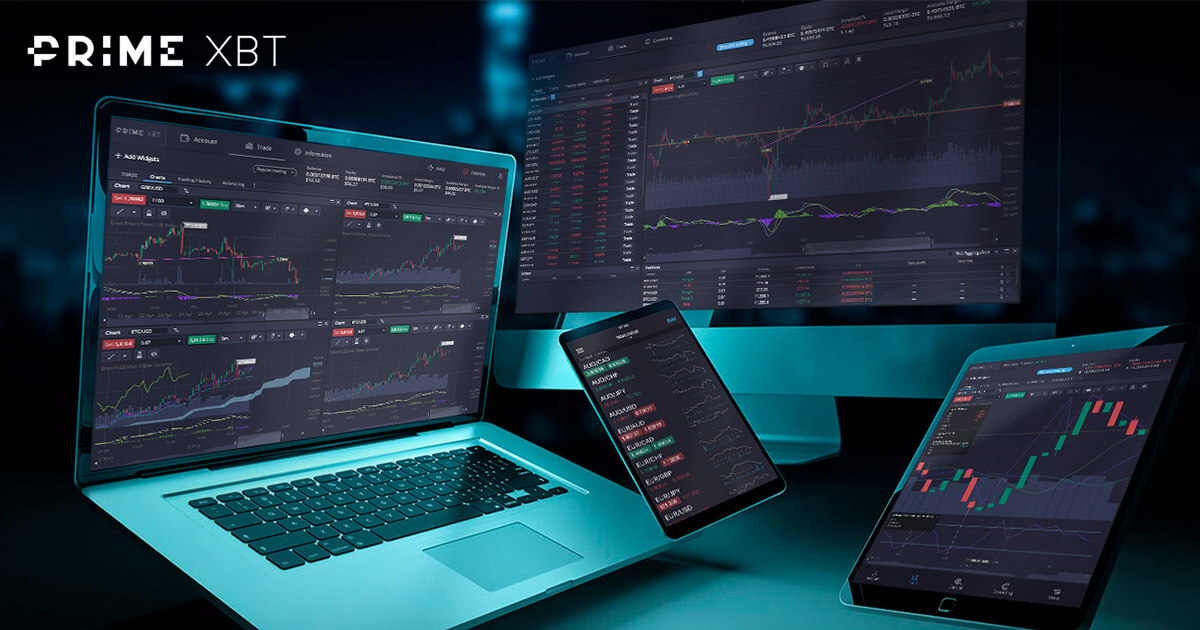
If you’ve ever wondered whether you need a VPN, you’re not alone. In today’s digital age, online security and privacy are of utmost importance. A Virtual Private Network, or VPN, can provide a layer of protection that makes your online activities more secure and private. But do you really need one? Let’s delve into the reasons why you might consider using a VPN. Additionally, if you’re interested in trading, you might want to check out the do you need a vpn for primexbt PrimeXBT trading platform which operates with an extensive focus on security.
What is a VPN?
A VPN works by creating a secure and encrypted connection between your device and the internet. When you connect to a VPN, your IP address is masked, making it difficult for websites, advertisers, or even your Internet Service Provider (ISP) to see your online activity. This technology was originally developed to facilitate secure communication for businesses but has since become popular among individual users for its privacy and security features.
Reasons to Use a VPN
1. Enhanced Online Privacy
One of the primary reasons individuals opt for a VPN is to enhance their online privacy. When you browse the internet without a VPN, your ISP can track your activity and sell your browsing information to third parties. A VPN encrypts your internet traffic, ensuring that your activities remain private and out of the hands of marketers, governments, and other entities.
2. Security on Public Wi-Fi

Using public Wi-Fi networks can be risky, as they are often targets for hackers. A VPN provides a secure tunnel for your data, making it significantly more challenging for intruders to monitor your activities or steal your sensitive information when connected to public Wi-Fi hotspots.
3. Bypassing Geographical Restrictions
Many websites and online services restrict access based on geographical locations, commonly known as geo-blocking. If you live in a region where certain content is unavailable, or if you’re traveling abroad, a VPN can help you bypass these restrictions by allowing you to connect to servers in different countries. This way, you can access your favorite content regardless of your physical location.
4. Avoiding Bandwidth Throttling
ISPs sometimes throttle your internet connection based on your online activities, particularly if you’re streaming or gaming. By using a VPN, your ISP cannot see what you’re doing online, which can help prevent throttling and improve your overall internet speed and performance.
5. Safe Online Transactions
If you frequently conduct online banking, shopping, or trading, a VPN can help secure your transactions. Encryption protects your financial data from potential cybercriminals, giving you peace of mind while managing your finances online.
Considerations Before Getting a VPN
1. Trustworthiness of VPN Providers

Not all VPN services are created equal. It’s crucial to choose a trusted provider with a solid reputation and a clear privacy policy. Some free VPN services may log your data or sell it to third parties, which defeats the purpose of using a VPN in the first place. Look for paid options that prioritize user privacy and security.
2. Speed and Performance
While a VPN can enhance your security, it may also affect your internet speed. The level of impact often depends on the quality of the VPN service you choose. Some premium VPNs offer faster connections, so it’s worth investing in a reputable provider to minimize speed loss.
3. Legal Considerations
In some countries, the use of VPNs is restricted or even illegal. Before deciding to use a VPN, it’s essential to understand the laws in your region and ensure that your actions will remain within legal boundaries.
4. Additional Costs
Many reliable VPN services come with a subscription fee. While the investment can be justified by the enhanced privacy and security, it’s important to consider whether it fits within your budget.
Conclusion
So, do you need a VPN? The answer ultimately depends on your online habits and concerns about privacy and security. If you frequently use public Wi-Fi, access content restricted to certain geographic locations, or want to protect your privacy from prying eyes, a VPN might be a vital tool for you. On the other hand, if you mainly browse the internet from a secure home network and have no specific privacy concerns, you might choose to forgo a VPN.
Regardless, the digital landscape is constantly evolving, and investing in your online privacy and security is always a prudent choice. In a world where data breaches and online surveillance are becoming increasingly common, a VPN can be an invaluable asset in your digital protection toolkit.

